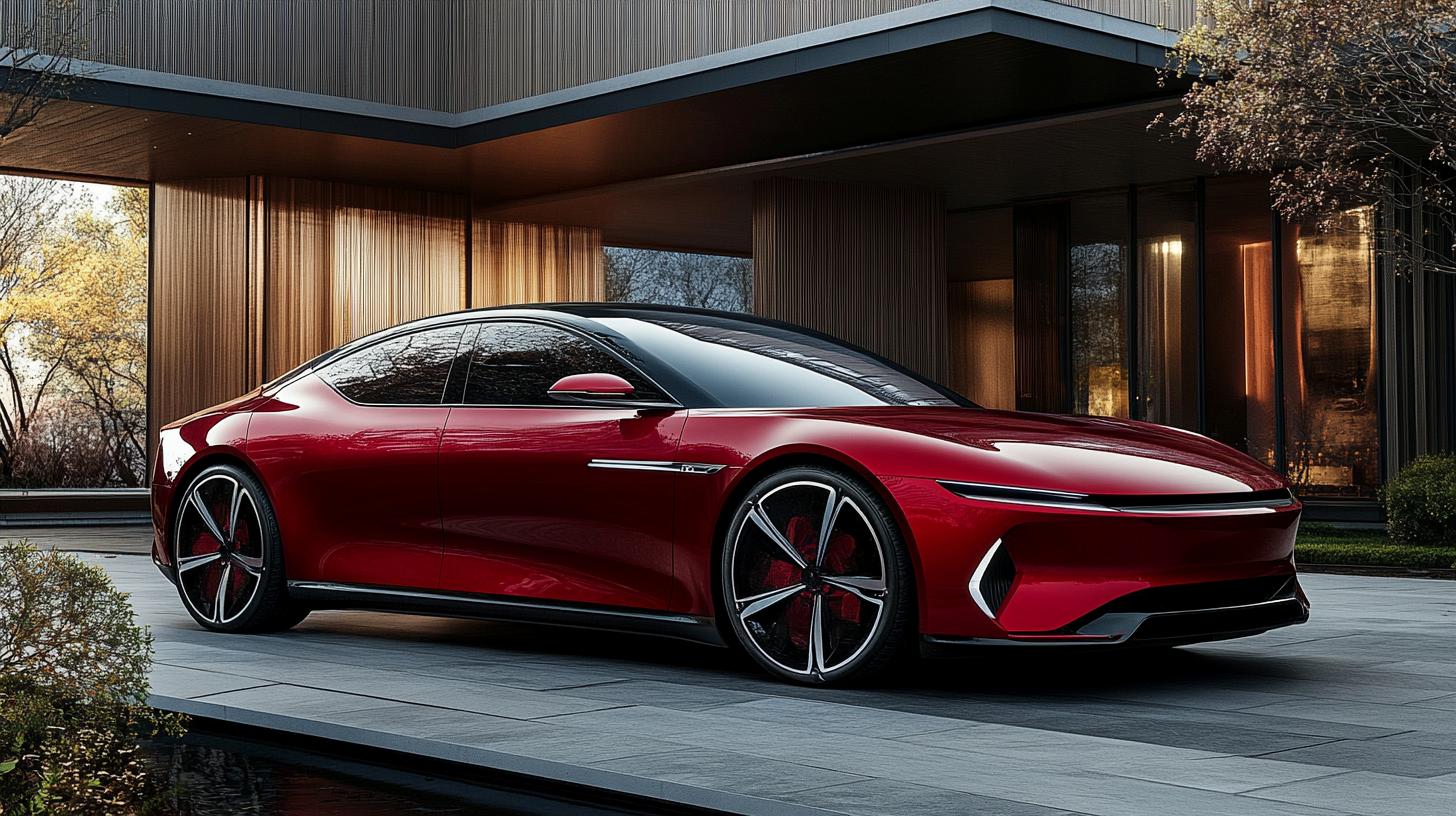China is poised for an unprecedented expansion in its electric vehicle (EV) battery sector, with experts forecasting a more than sevenfold increase in growth. Ouyang Minggao, a prominent scientist from Tsinghua University and a pioneer in China’s EV research, envisions the industry reaching a staggering value of 10 trillion yuan (approximately US$138 billion).
Despite concerns about overcapacity, the relentless progress in battery technology propels this optimistic outlook. As the EV landscape evolves, new companies are rapidly entering the market, spurred by advancements in technology and growing consumer awareness and trust in electric vehicles.
Over the past decade, China’s EV market has flourished, achieving a remarkable milestone in 2022 with the sale of 6.8 million new energy vehicles. This explosive growth reflects years of accumulated expertise and momentum, occurring even amid various uncertainties.
Notably, China commands a significant share of the global market, manufacturing over 60% of the world’s EVs and 77% of EV batteries. In tandem, the lithium-ion battery industry achieved impressive output figures, surpassing 1.4 trillion yuan last year, as reported by the Ministry of Industry and Information Technology.
The future of China’s battery industry is bright, promising substantial economic benefits and further solidifying the nation’s leadership in the electric vehicle revolution worldwide. As battery technologies continue to evolve, China’s influence on the global EV market shows no signs of waning.
The Electrifying Growth of China’s EV Battery Sector: What’s Next?
As China’s electric vehicle (EV) battery sector gears up for an explosive expansion, the world watches in anticipation. Analysts predict the industry will grow more than sevenfold, a prospect that raises intriguing questions about the future of both technology and humanity.
The Science Behind the Surge
At the heart of this transformation lies continuous innovation in battery technology. Led by visionaries like Ouyang Minggao from Tsinghua University, China has channeled extensive resources into EV research. This research doesn’t just fulfill a domestic demand; it seizes a commanding 77% share of worldwide battery production. Such technological strides have not only enhanced battery efficiency but have also driven down costs significantly. As a result, electric vehicles have become more accessible to the average consumer, potentially accelerating the global shift away from fossil fuels.
Potential Benefits for Humanity
With the burgeoning EV market, China could be instrumental in combating climate change by significantly reducing carbon emissions. The country’s emphasis on EVs helps alleviate urban pollution, offering cleaner air and a healthier environment for its cities. Furthermore, advances in battery technology could spill over into other industries, enhancing energy storage solutions and possibly revolutionizing renewable energy sectors.
Interesting Facts and Controversies
Did you know? China produces over 60% of the world’s electric vehicles, a remarkable achievement that underscores its dominance in the global market. However, this supremacy is not without its challenges and controversies. The rapid scale-up in battery production raises questions about environmental impacts, particularly concerning the mining and disposal of lithium and other critical minerals. There is also debate about whether such dominance poses risks to global supply chains, potentially making other countries overly reliant on China’s production capabilities.
Advantages and Disadvantages
The advantages of China’s EV battery boom are numerous. Economic growth, job creation, technological innovation, and environmental benefits are just a few. However, the rapid pace also brings disadvantages. The potential for environmental degradation from resource extraction, overcapacity concerns, and the geopolitical tension over critical resources present significant challenges.
Questions to Consider
– What will happen as other countries strive to become less dependent on China’s battery production?
As the EV market expands globally, nations like the United States and members of the European Union are investing heavily in their own battery sectors to mitigate dependency risks. As a result, we may see a diversification of battery sources and new partnerships forming globally.
– Can China’s growth pace in the EV battery sector be sustained indefinitely?
Sustaining growth at this pace will likely require ongoing innovation and robust regulation to address environmental concerns. Furthermore, international competition and political factors could impact the trajectory.
The expansion of China’s EV battery sector could redefine global transportation and energy paradigms. As the world embraces cleaner technologies, China stands at a crossroads that could shape the future of human progress and technological development.
For more insights into the electric vehicle revolution and sustainable energy advancements, you might explore leading industry resources such as New York Times or Bloomberg.







